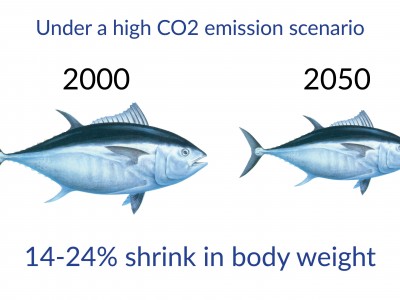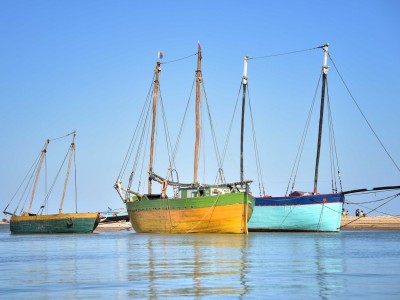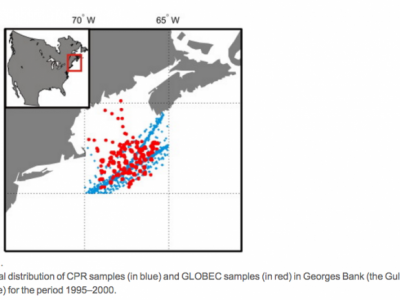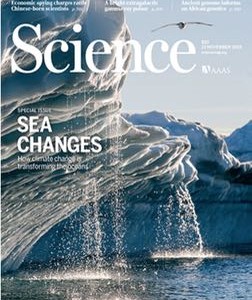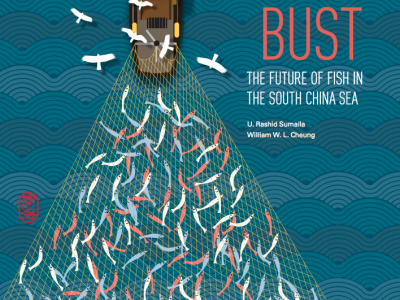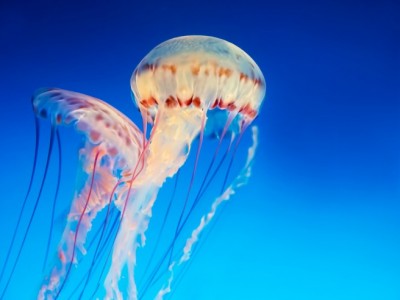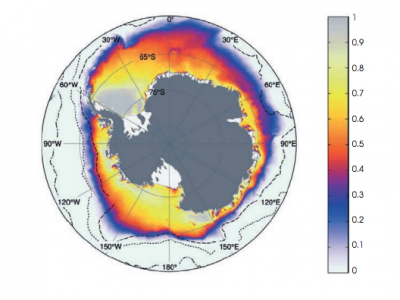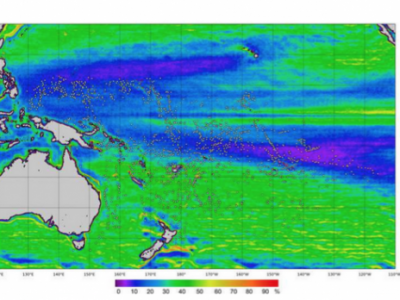COP21: Where have all the fish gone? How climate change is displacing marine species.
Climate change could affect temperatures all over the world, but what may not be immediately apparent is that climate change will affect ocean temperatures. If CO2 emission rates do not change, the average sea surface temperature is expected to increase by 2 to 3.5 degrees Celsius by the end of the century. This may not seem like much, but it would impact oceans in many ways, making them quite different from how they are today.



